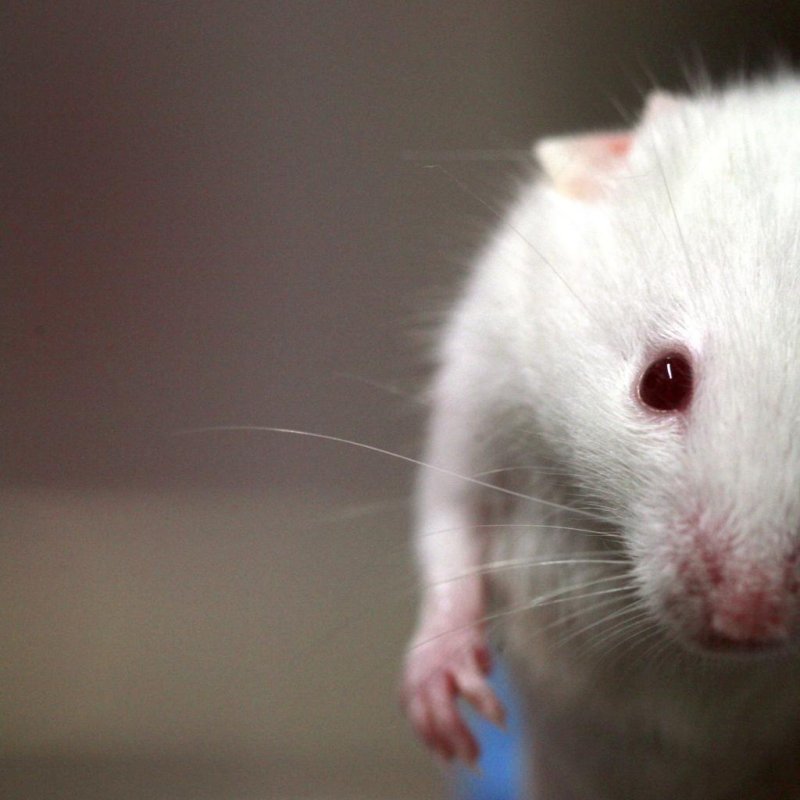Scientists at Harvard University think they have found a way to reverse the aging process in human organs, by isolating a blood protein found only in the young, reports Science Now.
Dr. Richard Lee, director of regenerative medicine at Brigham and Women’s Hospital, and Amy Wagers, of the Department of Regenerative Biology at Harvard, made the discovery when they were working with younger and older mice and published their findings in the journal Cell.







